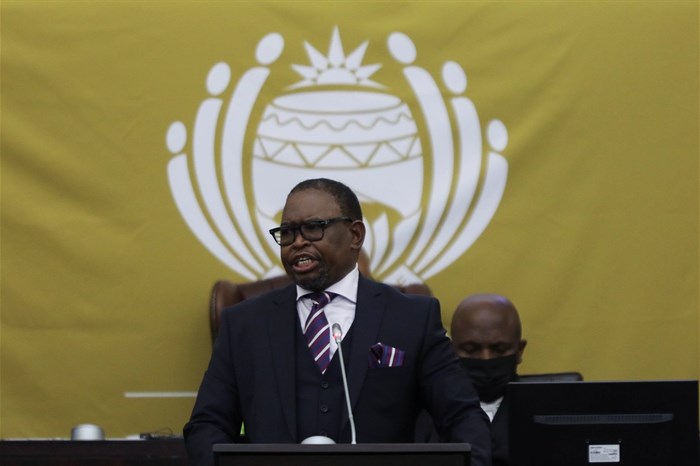
Related
Top stories






AutomotiveHilux Custom Builds offers purpose-built solutions for your business
Toyota South Africa Motors 16 Feb 2026
More news


Marketing & Media
Ads are coming to AI. Does that really have to be such a bad thing?














Africa's most advanced economy is a net importer of crude and refined petroleum products where government-regulated fuel prices are changed monthly.
Motorists in a country where the Covid-19 pandemic has contributed to raising jobless numbers to record highs currently pay R21.60 for a litre of petrol and R19.55 for diesel, following a rise - the latest of several - of around R1.45c for each in early March.
Godongwana said the temporary reduction of the fuel levy would "support a phasing-in of the fuel price increases that we are expecting in the short term."
But Dion George, finance spokesman for the Democratic Alliance opposition party, called the cut "tepid".
"This is actually not going to make any difference at all," he said.
The Ministry of Energy said in a joint statement with Gondongwana's office that plans "to reduce the price pressure for illuminating paraffin over the medium term" would also be considered.
The ministry was also proposing a price cap on petrol and a reduction of the basic fuel price by 3c a litre, once Gondongwana's emergency measure ended.
The South African Petroleum Industry Association (Sapia), which represents oil majors including BP and Shell, did not immediately respond for comment.
In a March 25 briefing to a parliamentary committee, Sapia urged the government to fast-track a planned review of fuel pricing system, saying there was little its members could do to alleviate price hikes without impacting the security of supply.

Reuters, the news and media division of Thomson Reuters, is the world's largest multimedia news provider, reaching billions of people worldwide every day.
Go to: https://www.reuters.com/